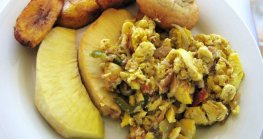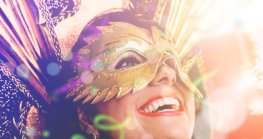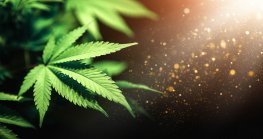Does micro-dosing psychedelics boost mental health?
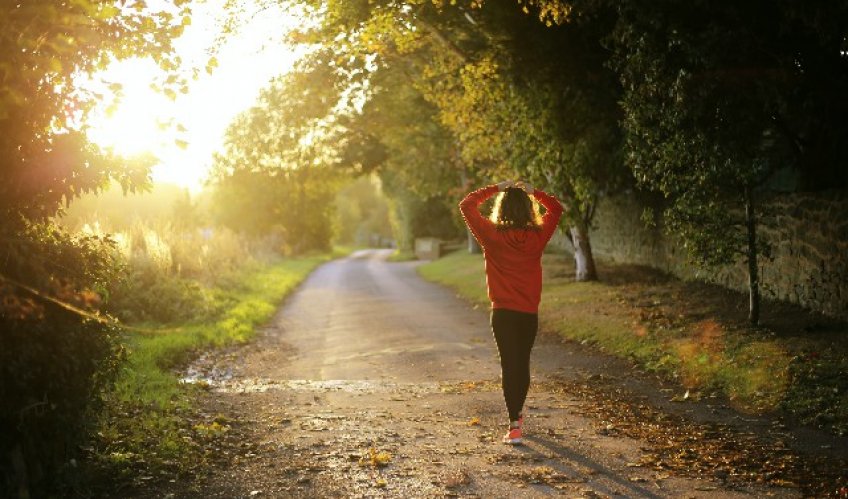
Do you imagine images of vivid color, surrealistic imagery, and hippies whenever you hear about taking psychedelics, even in small amounts?
Then chances are you might have the wrong idea. Micro-dosing, taking psychedelics in small doses, can offer much more than that.
In recent years, researchers have found that psychedelics have a higher potential in improving mental health. Moreover, this can be done with just a short dose of psychedelics since a small amount goes a long way.
White it’s still possible to have hallucinations or a bad trip while micro-dosing, you’re far less likely to have bad trips compared to a full dosage.
Let’s check out what the science says about psychedelics and mental health.
Using psychedelic micro-doses to treat mental health issues
There aren't many studies on micro-dosing. Yet, the evidence we do have indicates that it might provide help for those who suffer from depression and anxiety.
While the skeptics may say magic mushrooms also have a placebo effect, we researched and found the following three studies that examine the impact of micro-dosing on mental health.
1- In 2019, a study discovered improvements in mental health with controlled psychedelic usage.
2- According to a 2021 study, micro-dosing is neither better, nor worse than a placebo.
3- The results of another 2021 trial that didn't involve a placebo showed that participants expected to improve and did. It suggests that the advantages were concentrated on expectations.
Regardless of whether the effects of psilocybin micro-dosing are merely placebos, people have occasionally reported feeling better.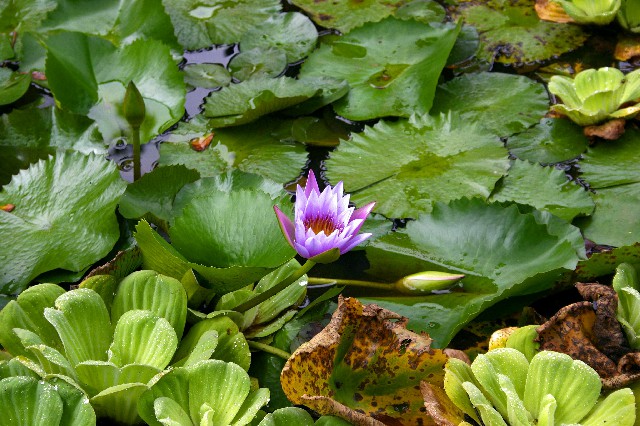
1. Breakthrough in addiction treatment
Your brain’s neural networks play a key role in addiction. These networks may hurt the brain, making it more prone to addiction and other habits. Also, since changing the habit would result in losing the reward, you don't want to.
That’s where micro-dosing comes into play. It helps to encourage neurogenesis.
When encouraging neurogenesis and building new brain networks, it's simpler to go a different route and change your perspective to recognize how addiction is bad for you and others.
You subconsciously use these neural pathways because they have been deeply established in your brain. You behave automatically and have habits because of this.
With micro-dosing, reports have suggested that people are taking less alcohol. And it seems to be a significant component of people's lifestyles and is acknowledged by experts as one of the favorable side effects of micro-dosing.
People who micro-dose psychedelics also felt that it was much simpler for them to choose healthier options. They aren't actively making decisions, but there is a desire to eat better and work harder. They desire for their life to advance and are motivated insanely.
2. It helps to boost creativity
Smaller psychedelic dosages can broaden one's creative outlook. According to a recent review of the scientific literature, micro-dosing psychedelics might have long-term benefits for cognition and creativity.
Entrepreneurs and well-known business figures have admitted to using psychedelics to boost their inventiveness, resolve challenges at work, and develop novel ideas over the years.
To mention a few, Bill Gates, Steve Jobs, and Douglas Engelbart have all had life-changing psychedelic experiences; adventures that have aided in their current success. Dr. Kary Mullis, who won the Nobel Prize in Chemistry in 1993, is another inspiring figure who attributes their breakthrough discovery of polymerase chain reactions to their use of LSD.
3. Assists with neuroplasty
Psilocybin's ability to increase neuroplasticity, or the brain's capacity to make new connections, could explain why users have reported feeling more open.
Neuroplasticity is the ability of the brain to change and adapt in response to new experiences. Several studies have demonstrated that psilocybin and other psychedelics can either initiate or improve neuroplasticity in the brain.
4. Effective for psychiatric disorders
Studies have demonstrated that psilocybin therapy effectively eases the symptoms of mental health conditions such as treatment-resistant depression, obsessive-compulsive disorder, and others.
Psilocybin has also effectively reduced anxiety and dread in those with terminal cancer.
Using psilocybin together with therapy dramatically reduced the symptoms of clinical depression, according to a Johns Hopkins Medicine study. After just two doses of the psychedelics, some trial participants continued to benefit for as long as a year.
How does psilocybin function?
Some varieties of mushrooms growing largely in South America, Europe, the United States, and Mexico contain psilocybin, a psychoactive chemical.
The substance has been employed in traditional medicine and rituals across the world's indigenous communities for almost a thousand years.
Psychotherapists and scientists have both tested the substance over time.
They've observed beneficial impacts on the mental health of their patients while taking psychedelics in smaller (regimented) dosages, also known as micro-dosing.
A hormone that aids in mood regulation called serotonin and psilocybin have structural similarities.
Psilocybin and other drugs share this structural similarity function. Serotonin abundance in the brain is the goal of many antidepressants.
Psilocybin, however, functions differently. Your body's serotonin receptors are activated when psilocybin enters the system.
As a result, brain-derived neurotrophic factor production rises. The brain-derived neurotrophic factor, BDNF, molecule promotes connections, activity, growth, and glutamate transmission.
The neurotransmitter glutamate controls brain processes like reasoning, memory, and learning. Psilocybin stimulates neurogenesis, or the development of new neural networks, in the brain.
This enables your brain to interact with brain regions with which it would not typically have communication, leading to a change of viewpoint.
Conclusion
In the last five to 10 years, psychedelic drug research has been revived and is now being done at numerous medical institutions.
Indigenous peoples have used psilocybin for generations, which is generally believed to be safe in modest doses. A terrible, even traumatic, experience might occur if one consumes a dose that is too high.
However, micro-dosing may assist mental health.
Research has also stated that it can help to overcome many degenerative disorders like Parkinson's to name a few.
© 2019 Jamaica Experiences All Rights Reserved








